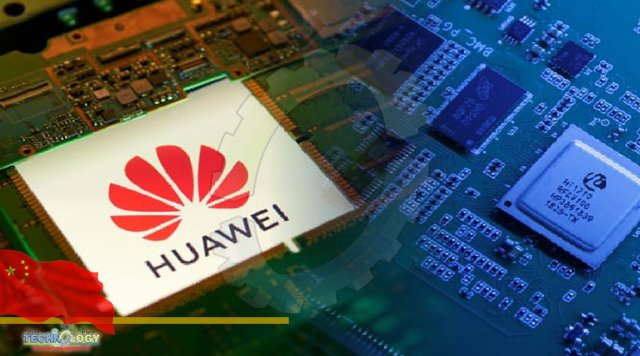China’s most powerful AI chip, Huawei Technologies’ Ascend chip, China’s most powerful artificial intelligence (AI) processor, can outperform Nvidia’s flagship V100 chip in certain tasks, but also has some serious shortcomings, according to a new study by Chinese scientists.

The researchers evaluated the Ascend processor’s performance in various applications to gain the first in-depth look at China’s growing competence as well as weakness in AI chip technology. China’s most powerful AI chip Despite not being fully aligned with international flagship chips in overall performance, researchers said the Huawei Ascend processor could be used across most existing applications, and in some scenarios even surpass the performance of global competitors. The evaluation, carried out by researchers at China’s Renmin University and Tsinghua University, was published in the peer-reviewed Chinese Journal of Computers in August, just before Washington banned US sales of the most powerful AI chips to China. Graphics processing units (GPUs) were originally developed to render images in video games, but in the past decade they have been increasingly deployed in the largest supercomputers by scientists and internet companies. AI algorithms based on high-end GPUs can be used in autonomous driving, robotic manufacturing, real-time translation and medical image analysis. AI algorithms have made impressive progress, but their applications are limited by the performance of hardware. To extend the performance of algorithms, companies in Silicon Valley, like Nvidia, have begun developing accelerator chips like the V100 to replace GPUs.
Accelerator chips deploy a special architecture to focus their computing power on AI calculationsChina’s most powerful AI chip, A few years ago, Huawei also developed their accelerator chips – Ascend 910 and Ascend 310 – together with the Ascend calculating platform. China’s most powerful AI chip , The Ascend 910 processor incorporates 7 nanometre (nm) technology from Taiwan Semiconductor Manufacturing Company (TSMC) and can achieve 640 Tera operations per second (TOPS) with precision INT8, a basic data type. Considered the most powerful AI processor in China, Ascend 910 is capable of self-managed task schedules. Ascend 310 is a lightweight inference chip that uses TSMC’s 12 nm FinFET Compact (FFC) manufacturing technology. Unlike powerful training chips that generate AI models similar to “building a ship”, inference chips only “sail a ship”. Ascend 310 makes fast, lower precision calculations using only 8 watts of power and can be deployed on smart services like smart cameras and watches.Professor Du Xiaoyong and a team at Renmin University used common algorithms and public data sets as benchmarks to evaluate both chips. The results showed the Ascend chips were more suitable for dense algorithm workloads, a traditional computing method. Moreover, the chips used less power than GPUs while their performance surpassed Nvidia’s flagship V100 chip when running specific models. The Ascend chips also had drawbacks. According to the research paper, processors were not suitable for sparse workloads due to their architecture. As a result, their usefulness would be limited in real-world applications such as autonomous driving since many recent algorithms in the auto industry use sparse computing to reduce the strain on computing resources
Source: This news is originally published by scmp